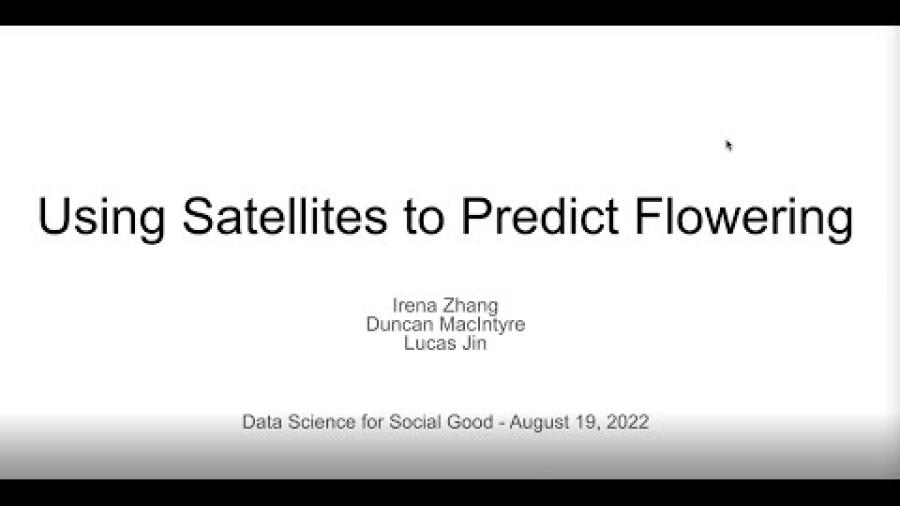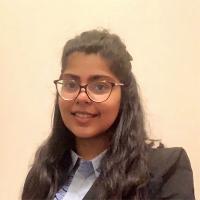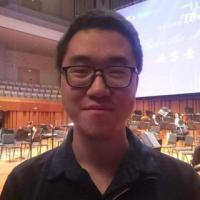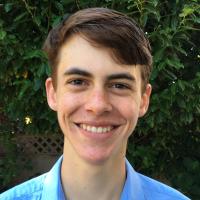The 2022 Data Science for Social Good (DSSG) program was made possible with the support from the UBC Faculty of Science and through project partnerships with the Applied Statistics & Data Science group in the Department of Statistics at UBC, the Institute for Resources, Environment and Sustainability (IRES), and Lab for Environmental Assessment and Policy (LEAP).
2022 Projects
Scaling up observations on plant phenology using remote sensing and machine learning
Description: Shifts in the timing of plant flowering are a key signal of an ecosystem’s response to environmental change. This matters both in natural, agricultural, and urban settings: the timing of plant flowering affects the synchronization between plants and pollinators; it influences the exposure of crops to weather extremes during flowering, the most sensitive stage of development, with implications for later yield; and it impacts the timing of pollen allergies. A consistent and large-scale measure tracking the timing of flowering across years would be of great use for assessing risks of plant-pollinator desynchronization, risks of subpar crop yields, or shed light on the connection between allergies, urban vegetation, and climate. Current efforts, ranging from local to regional scales, do not quite achieve this goal: ground observations, while expanding, remain limited in their spatial and temporal coverage; process-based or statistical models are not flexible enough to capture local acclimation or adaptation to environmental factors; and remotely sensed estimates of plant development stages are often disconnected from the ground. Hence, crop studies still rely on a time-invariant harvesting calendar to infer the flowering period for crops. The goal of this project would be to create a large-scale, high-resolution proxy for the timing of flowering, by leveraging spectral reflectance data from satellite imagery, ground observations on plant phenology, and predictive models and approaches from machine learning.
Final Presentation:

Smell Vancouver: Connecting Metro Vancouver emission sources to odour reports
Description: The Lab for Environmental Assessment and Policy (LEAP) in the Institute for Resources, Environment and Sustainability (IRES) and Department of Mechanical Engineering (MECH) is an interdisciplinary research group focused on exploring linkages between environmental science and policy. The Smell Vancouver project collects and maps reports of odours throughout the greater Vancouver area. Over the past two years, the team has been working on the spatial and temporal variations in odour report counts and qualitative aspects of the citizen science data, including odours and symptoms experienced, actions taken in response to those causes, as well as the potential causes associated with the odours. This DSSG collaboration will attempt to connect these Smell Vancouver odour reports to Metro Vancouver emission sources and examine the identified spatial relationships. The Smell Vancouver project is designed to explore the relationship between odour, air quality,community well-being and quality of life.
Final Presentation:

2022 Fellows

Divya Bilolikar
Divya is in her third year studying Mathematics with a minor in Data Science. Her current interests include data visualization and modeling large data. Throughout her degree, Divya has focused on honing in on those skills and exploring all the ways in which she can use her mathematical skills and knowledge of data science to develop solutions to real life problems. As a DSSG Fellow Divya wants to gain the skills to be able to look at a problem and determine the best mathematical or statistical tool to apply and find a solution that will benefit our community.

Anjali Chauhan
Anjali is a fourth year UBC student majoring in Statistics with concentration in Computer Science and a minor in Economics. She has a diverse technical skill set having had the opportunity to develop and apply ML skills in different fields like cybersecurity, neuroscience, quantitative trading, etc., through her co-op experiences as Data Scientist in RBC’s Global Cyber Security team and an asset management company and her involvement in engineering design teams like UBC Bionics and Agrobot. Apart from her technical portfolio, Anjali also has an entrepreneurial drive and is an active member of the student community. She is the Founder and President of Women in Data Science (WiDS) at UBC. She has also recently won a Tech for Social Good Hackathon by building a feasible community driven service leveraging AI to help fight food insecurity across North America and is currently the Co-Founder of the growing startup pursuing the idea further. With the DSSG program, she hopes to develop her capabilities as a researcher, while building state-of-the-art solutions that can potentially create a significant socioeconomic impact on people, communities, and the environment.

Jacob Hutton
Jacob is a graduate student in Experimental Medicine in the Department of Emergency Medicine. He uses methods from statistics and epidemiology to conduct modelling and forecasting for the emergency medical system, focused on optimizing the response to sudden cardiac arrest in the out-of-hospital setting. His broad research interests include utilizing methods from data science for early recognition of events that impact high reliability systems, such as environmental emergencies, infectious disease, and surges in health emergencies, in order to support system preparedness. He is keenly interested in developing data science solutions that are accessible and useful for the lay audience. Outside of this work, Jacob enjoys conducting emergency response training with various groups throughout BC and can be found skiing, running, or mountain biking in the coast mountains surrounding Vancouver. As a DSSG Fellow, he hopes to gain experience developing data science solutions from the problem definition stage through to the product delivery stage, in consultation with a partner stakeholder.

Lucas (Kailun) Jin
Lucas is a senior student pursuing his B.Sc. degree in Computer Science. His fields are Software Engineering and Machine Learning (Natural Language Processing & Computer Vision). From his academic and industry experiences, he had gained lots of hands-on experience, especially in topics like object detection, instance segmentation, and music information retrieval. By gaining so much great help and opportunities, he can't wait to give back to the community by devoting his statistics knowledge, software engineering skills, and machine learning experience to solving those long-plagued social topics. His motto is "Stay Hungry, Stay Foolish," and he always hopes to use technology to make the world a better place for everybody equally. Besides his tech portfolio, he is also an avid orchestra enthusiast and an experienced choir conductor/tenor singer. He plays marimba, xylophone, vibraphone, and drumset. He was a percussionist in a Golden Sail Wind Band in Beijing. He loves early music (J.S. Bach) and fugue, while he also likes to sing/organize A Cappella.

Duncan MacIntyre
Duncan is an undergraduate studying physics and math, but somehow he seems to end up doing a little bit of everything. He's now interested in all things machine learning. He is excited to meet like-minded people through DSSG and together tackle an intriguing project. When not using tech to understand flower blooming, Duncan enjoys hiking, biking, and jazz.

Irena (Jingqi) Zhang
Irena (Jingqi) is a 5th-year Computer Engineering student minoring in Honours Mathematics. In September, she’ll start her graduate study at UBC Mathematics. Her research interest is mainly in applied mathematics and machine learning. She is excited to participate in the DSSG program this summer to solve real-life problems and sharpen my research skills. In her spare time, she enjoys cooking, watching movies, and playing Nintendo switch.